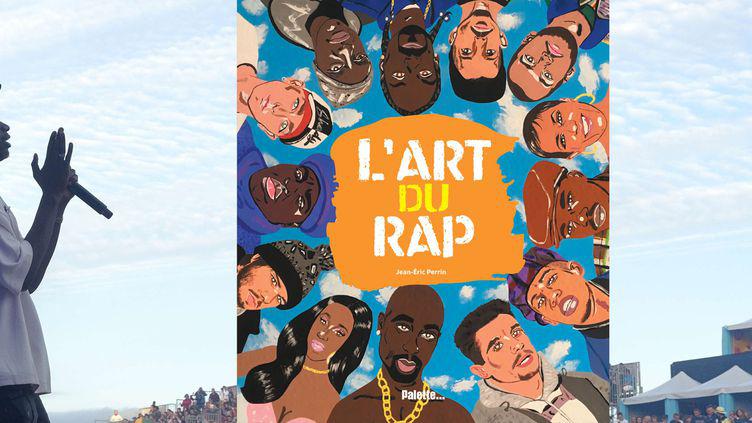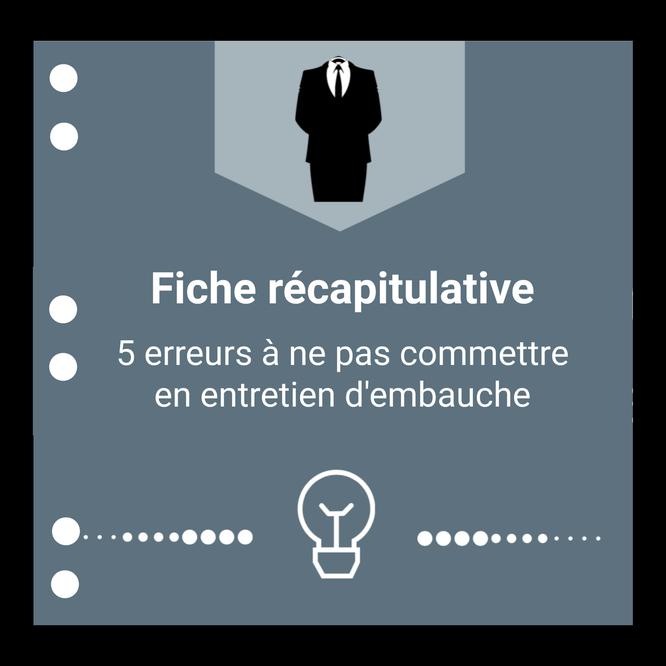Rap explained to parents
Connected to the Skyrock or Mouv' radio frequency, headphones on their heads or earphones stuck in their ears, glued to a screen, teenagers and pre-teens listen to rap, watch rap, think rap... And this, sometimes, For years. “Since CM2”, quietly confides Arthur, 15 years old.
Parents are not always aware of this. Sometimes they close their eyes. As long as their ears don't suffer too much. The phenomenal success of concerts, sales of rap albums, the most fashionable musical genre in France, goes a little over their heads. It is true that the phenomenon is little reflected in the mainstream media, which prefer to evoke rap when it creates controversy: Booba and Kaaris fought at Roissy airport; Médine, author of the album Jihad, wants to perform on the Bataclan stage, the site of the November 13, 2015 attacks; Black M is expected to sing at the Verdun memorial.
So, inevitably, rap worries. These singers who feed the buzz, even the scandal, our children listen to them, exchange titles and videos, express themselves like them, by borrowing unfriendly expressions from them. Rebellion, violence, drugs, bling-bling, vulgarity, sexism and even racism… the images relayed by the media clash with the educational principles of families. “Can my teenager be influenced by the models that this music conveys? ask many parents.
“Rap gives a voice to the outcasts”
Born in the United States in the late 1970s, rap emerged from hip-hop culture, a new form of art that is expressed in the streets through dance, graphics and music. Both a musical movement and a movement of social consciousness, "rap gives a voice to the outcasts, allows them to chant, to claim, to communicate in a minimal form, to formulate anguish and despair", write José-Louis Bocquet and Philippe Pierre-Adolphe in Rap ta France. Stories of a movement.
In France, in the 1980s, young people from the suburbs recognized themselves in this form of expression. “Today, rap reaches a much wider audience. It has become more commercial, more open musically,” notes Olivier Cachin, journalist and writer. French rap is characterized by the richness and variety of its authors, most of whom come from the population of immigrant origin. It is also distinguished by the originality and specificity of its language drawn from the vocabulary of the suburbs.
"Rap is yesterday's rock and today's pop," says Pascal Cefran, host of the Mouv' radio station, but it still suffers from clichés, even prejudices which are tending to fade. Indeed, we cannot consider rap as a single block. There are all kinds of musical currents, from "gangsta rap" which plays on the codes of violent cinema to "literary rap" embodied by Gaël Faye, writer winner of the Goncourt des lycéens in 2016. "A variety of styles, as different as can be, in the field of rock, Iggy Pop and Phil Collins", adds Olivier Cachin.
“Remembering their own youth”
“Everyone is looking for what will resonate with them, analyzes Benjamine Weill, philosopher. Variety rap by Bigflo and Oli, Maître Gims or Soprano appeals to children under 12 who appreciate its musicality and positive messages. Many teenagers, them, pay in the “trash” or the “street” of Booba or Ninho. While their elders are fond of more independent text rap, such as Vîrus, Dooz Kawa or LaCraps. According to the philosopher, at puberty comes the return of the drive. The young person looks around them for ways to tame this inner violence. Through the beat (rhythm) of the rap, its raw words, the teenager exteriorizes his anxieties, his frustrations, his anger.

Since the 1960s, each generation of teenagers has developed their music to emancipate themselves and shake up adults. Teens need to differentiate themselves, to develop a culture among peers, with a desire for transgression. "Listening to rap is a way of asking your parents, 'Will you still love me if I'm not what you wanted me to be?' “, analyzes Benjamine Weill, who invites adults to “remember their own youth” and the somewhat salacious songs (Elmer Food Beat, Madonna…) that they listened to at the time.
Music, the generational leap
Violent, rap? “A staging”, assures Olivier Cachin, who compares certain excesses of the genre to Arnold Schwarzenegger's films that we go to see for entertainment. The common point being “their outlet and phantasmagorical effect”. Rap is also accused of spreading sexist images.
Take the time to listen to rap songs with him
For Éloïse Bouton, feminist activist and founder of Madame Rap (1), this musical genre "is only the mirror of our society, the exacerbated reflection of its flaws with the use of more or less frontal codes, which do not around the pot.
Nevertheless Benjamine Weill wants to be optimistic: “The models are not fixed, the postures evolve. Rappers express their emotions more, denounce stereotypes. Some French teachers have songs studied in college or in writing workshops.
Do not generalize, do not demonize… and, above all, do not cut off the relationship with your teenager: this is the conviction of Amélie Devaux, psychotherapist within School Chagrin (2). For this therapist, it is important to maintain the dialogue, avoiding imposing her opinion. Take the time to listen to rap songs with him. What we find shocking, we talk about it together to help your child become aware of what he is listening to, to distinguish the good from the less good and, thus, give him the means to choose.
------------------------------------------
The most fashionable musical genre in France
In the first half of 2018, among the French artists whose repertoire was the most purchased and the most listened to in audio streaming, rap occupies 14 of the first 20 places in this ranking. Jul (“Head in the clouds”), Damso (“Ipseité”), Vald (“Disagreement”), Ninho (“MILS2.0”), Booba (“Throne”), Orelsan (“The party is over”) , Sofiane (“Freedmen”).
► View
Rap Genius, participatory platform for explaining rap texts: genius.com/rap-genius-france
► Read
Rap your France. Stories of a movement, by José-Louis Bocquet, Philippe Pierre-Adolphe, Ed. The Round Table, €10.20.
Parents, should you be afraid of rap?, study to download from the website of the Federation of Parents' Associations in Official Education (FAPEO): www.fapeo.be



![PAU - [ Altern@tives-P@loises ] PAU - [ Altern@tives-P@loises ]](http://website-google-hk.oss-cn-hongkong.aliyuncs.com/drawing/179/2022-3-2/21584.jpeg)

![Good deal: 15% bonus credit on App Store cards of €25 and more [completed] 🆕 | iGeneration Good deal: 15% bonus credit on App Store cards of €25 and more [completed] 🆕 | iGeneration](http://website-google-hk.oss-cn-hongkong.aliyuncs.com/drawing/179/2022-3-2/21870.jpeg)





Related Articles